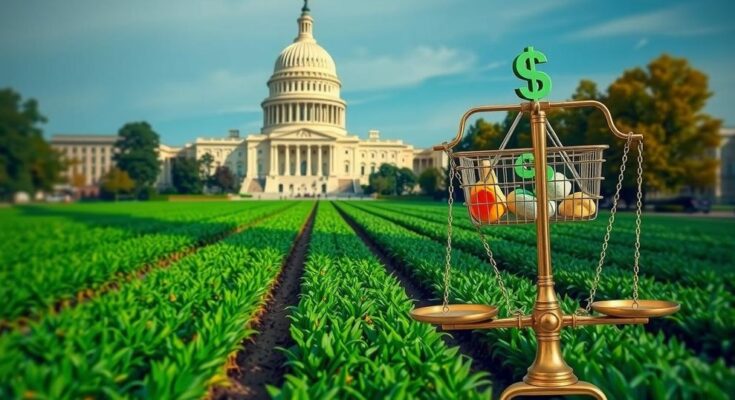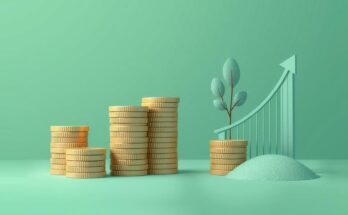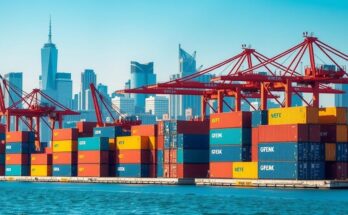Higher tariffs proposed by politicians could negatively impact Washington farmers and consumers by raising prices. Local economists argue past tariffs led to reduced agricultural exports and increased costs, particularly for low-income households. Trump’s previous tariffs and Biden’s continuation of these policies raise concerns about subsequent household expenses and the promise of job creation. Economists call for clearer public understanding of the risks associated with tariffs.
Local economists warn that proposed higher tariffs by U.S. politicians could harm Washington farmers and consumers by raising costs. Former President Trump’s push for significant tariffs could revisit the negative outcomes seen during his previous administration, which included a loss of agricultural exports and substantial financial bailouts to farmers. Vice President Kamala Harris critiques these tariffs as a tax on consumers but lacks clarity on her trade policy. Economist Randy Fortenbery highlights the historical implications of tariffs, stating the previous tariffs led to a sharp decline in Washington apple exports to India. Grant Forsyth, another economist, criticizes the simplistic views of politicians regarding tariffs, emphasizing their tendency to increase costs for both producers and consumers, especially affecting low-income Americans. He labels tariffs as a regressive tax, disproportionately impacting those with lower incomes. Historically, tariffs were pivotal for U.S. revenue before the Civil War but eventually gave way to the federal income tax and a global push for freer trade post-World War II, which has proven more beneficial for the economy. Current trade dynamics involve multinational corporations that face complex tariff challenges, complicating the straightforward notion that tariffs can solely protect American jobs and industry. Trump’s previous tariff policies covered around $360 billion in Chinese imports, a strategy that continued under President Biden. The current climate has sparked proposals for even higher tariffs, with economists warning such actions could severely disrupt prices across various sectors, leading to higher costs for everyday goods. Some estimates suggest annual costs to households could reach thousands due to these tariffs. While proponents of higher tariffs claim they could boost jobs and manufacturing, many economists assert that the burden of tariffs ultimately falls on consumers, not exporters. Fortenbery warns that tariffs are often misrepresented as revenue and job creators, insisting they function more like a consumer tax that would disproportionately hurt the lower-income bracket. Forsyth emphasizes that without proper communication about the implications of tariffs, the risks remain misunderstood by the public.
The ongoing discussion regarding the impact of tariffs in the United States has gained momentum as political candidates propose significant tariff increases. The historical context reveals that tariffs were once a primary revenue source but were gradually abandoned for more stable tax systems due to their complex economic effects. Today’s trade relations are influenced by globalization and the interconnectivity of multinational corporations, making the potential repercussions of tariff implementations more intricate and far-reaching than in the past.
In conclusion, the potential shift towards higher tariffs in the U.S. raises significant concerns among economists, particularly regarding the adverse effects on farmers and consumers. As history shows, tariffs have complex outcomes that can disproportionately affect low-income households while failing to provide the promised economic benefits. The need for clear communication about these implications is crucial for informed public discourse on trade policy.
Original Source: www.spokesman.com



